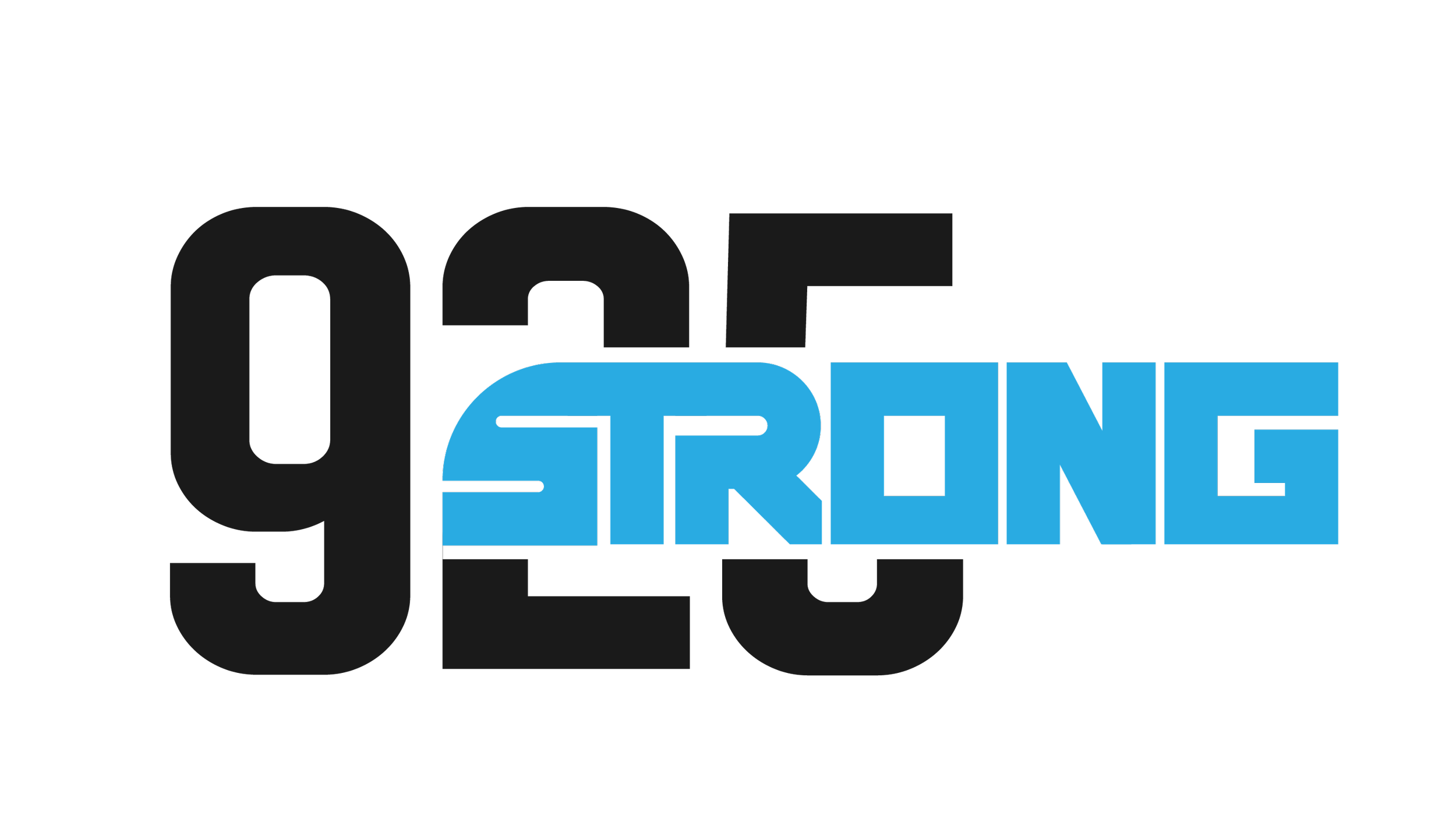Overloading Attention Shrinks Mental Control
“Overloading attention shrinks mental control. Life immersed in digital distractions creates a near constant cognitive overload. And that overload wears out self-control.” – Daniel Goleman
One of the things I once enjoyed most about social media was the plethora of inspiration it provided. At least, I thought it provided inspiration.
As a writer using the platform, I was constantly reading motivating quotes from renowned authors, most of whom lived long before the Internet’s inception.[1] The timeless words of Angelou, Hemingway, Updike, Dillard, and dozens more flowed steadily before my eyes, reminding me of the discipline, tenacity, and toughness it takes to write, edit, see books through to publication, then complete the process over and over and over again.
My feed was also a virtual wellspring of #amwriting posts, most of which consisted of fellow writers’ writing nooks: comfy chairs and patio views, coffee mugs and tea kettles, notebooks and laptops, curled-up cats and cuddly canines.
These aforementioned types of pictures are to writers what a juicy cheeseburger is to a half-starved carnivore…mouthwateringly, jaw-droppingly irresistible. They make us want to drop what we’re doing and start scribbling a story like our lives depend on it. They fill us with a desire to light a few candles, brew a cup of coffee or herbal tea, turn on a creativity-stoking playlist, and then get lost in an uncharted and wonderfully unpredictable world of “pure imagination.” Sometimes, they make us feel guilty for procrastinating, for waiting until circumstances are perfect – as if they ever are – to write; we’re suddenly struck by the sobering realization that the time we’re spending “getting inspired” is time we could be, and should be, doing what we already know is most effective for achieving our goals: just writing.
The overload of knowledge and inspiration on social media, I’ve discovered, is more overwhelming than it is informative or inspiring. The deluge of quotes. The myriad of memes. The profusion of pictures and the continuous conversations beneath them. I had to ask myself how much of it was helping me become a better writer, and how much was hindering me. The title of this series tells you the answer.
You don’t have to be a writer to benefit from asking yourself a similar question. Everyone, from stay-at-home parents and college students, to preachers, teachers, and CEOs, can take an objective look at the time they spend on social media and judge whether it’s helping them parent, learn, preacher, teach, and lead, respectively. If it’s mostly serving to amuse, distract, and bombard them with information that, while undoubtedly good, isn’t immediately actionable, then perhaps it would be best to greatly minimize one’s time on them, if not leave them cold turkey. As Greek philosopher Theophrastus said, “Time is the most valuable thing a man can spend.” Let’s spend it wisely.
I have a confession. I still get on Instagram just about every day. The reason? There are a handful of accounts I follow (mostly health and parenting related) for quick-to-digest parenting tips, illness remedies, news reports, etc. That said, I’m slowly starting to use Telegram more as it isn’t nearly as easy to get sidetracked there; you simply go to the account you follow, click the post you’re interested in, watch or listen to it, then voilà, you’re done!
As I wrote in Part III, one aim I have in stepping back from the platforms I view as anti-freedom is to support those that respect our right to speak freely. Hopefully, the Instagram accounts I’ve followed for so long will switch to Telegram, or another platform that doesn’t wrongly censor or penalize.
Of course, change, even change regarding trivial things like switching social media platforms, is something we as humans tend to avoid, but it typically proves to be worth the temporary discomfort. Telegram is new to me and therefore feels a bit foreign, but if it helps rid my life of the distractions, anxiety, and overwhelming overstimulation so prevalent on Instagram, I’ll gladly adjust to it.
Will I miss the instructive writing quotes or the atmospheric photos of Instagram? Maybe. But in the future, I plan to turn more to books for instruction, and more to nature and the wonders around me for the kindling that ignites my imagination.
“You can’t change what’s going on around you until you start changing what’s going on within you.” —Zig Ziglar
[1] I’ve often wondered if the likes of Fitzgerald, Austen, Dickinson, and Tolstoy would have been on social media. Something tells me they would’ve found it a waste of precious creativity time.
